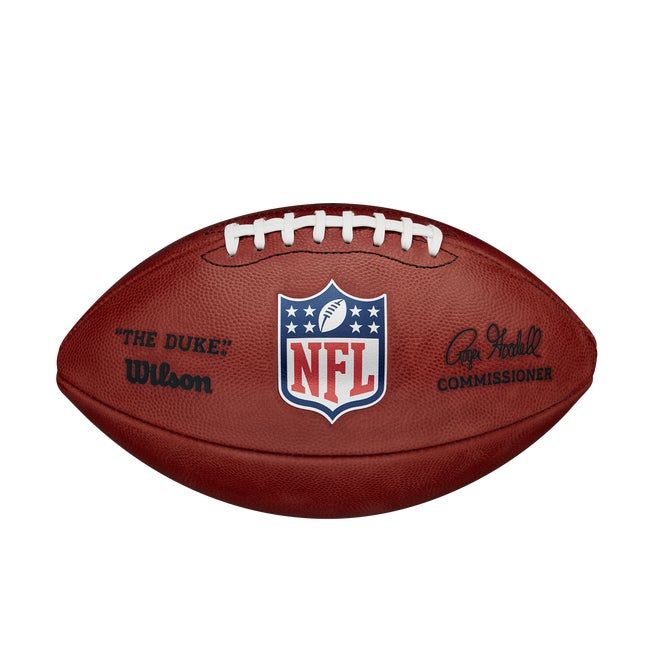Getting Started with Fantasy Football Basics
Understanding the Game and Your Role as a Manager
How to pick a fantasy football team? Fantasy Football lets you manage a virtual football team. As a manager, you select real-life players to form your squad. Players earn points based on their real-life performances. Your goal is to outscore competitors in your league. Key skills include strategy, research, and adaptability.

Exploring Various Fantasy Football Platforms
Multiple platforms host Fantasy Football, including popular options like FPL and Yahoo Fantasy Sports. These platforms differ in game rules, interfaces, and community size. Beginners may start with user-friendly options that provide extensive guidance and community support.
Grasping the Scoring Systems and Player Points
Each platform has its own scoring system. Points are commonly awarded for goals, assists, clean sheets, and playing time. Penalties can be given for yellow or red cards, and own goals. Understanding the detailed scoring system is crucial for making informed player selections.
Crafting Your Fantasy Football Squad
Budget Allocation Strategies for Balanced Teams
Creating a well-balanced fantasy football team starts with smart budget allocation. You typically get a set amount of virtual currency to buy players. Start with a plan for how much to spend on each position. Most managers spend big on forwards and midfielders, as they tend to score more points. Yet, don’t ignore defenders and a goalkeeper – they’re crucial for a stable base of points. Aim to save some budget for in-season adjustments, too. Good value picks are a must. They are cheaper players who can score points comparable to pricier ones.
The Importance of Positional Selection and Flexibility
Choosing the right mix of players for each position offers both strength and flexibility. Aim for a blend of consistency and potential high scorers. Make sure you have players from different clubs to spread risk. Reserve players are also important; pick ones who play often to cover for unexpected absences. Flexibility matters. If a player gets injured or suspended, you need good options to swap in without hurting your team’s performance.
Player Selection: Skill, Form, and Fixture Difficulty
When picking players, their skill is just the start. Consider their current form; a player scoring often is a good sign. Check their upcoming fixtures, too. Players facing easier opponents may score more points for your team. Also, keep an eye on players with a knack for big-game performances. These game-changers can rack up points despite tough fixtures. Balance popular choices with unique picks that could give you the edge over competitors.
Drafting and Transfers
Drafting the right players at the right time is key to fantasy football success. Manage your transfers to maintain a strong team throughout the season. Offering smart trades can enhance your squad significantly.
Drafting Strategies: When to Pick Key Players
Start with a strategy for your draft. Decide which positions are your priority and focus on them first. Forwards and midfielders often score the most points, so consider selecting them early. Monitor player performances, injuries, and transfers closely before choosing.
Using Transfers Wisely: Timing and Impact
Utilize transfers effectively to improve your team. The timing of transfers can significantly impact your team’s performance. Watch out for player injuries and bye weeks. Make changes when they are most likely to benefit your team.

The Art of Making Trade Offers
Trading is a strategic component that requires careful consideration. When making trade offers, consider both teams’ needs. Aim for a win-win situation that strengthens your squad. Stay informed on players’ conditions and team dynamics to make effective trades.
Managing Your Team Throughout the Season
Proper management throughout the season is key to climbing the ranks in fantasy football. Adjustments to your team can make or break a season. You will need to address bye weeks, injuries, trade opportunities, and underperforming players to stay competitive.
Handling Bye Weeks and Injured Players
Bye weeks and injuries are inevitable, so plan ahead. Monitor your lineup regularly and keep track of bye weeks. Always have substitutes ready to cover gaps. When players get injured, it’s crucial to replace them swiftly. Sometimes, picking a temporary replacement off the waiver wire can prevent point losses. An available bench player may also suffice.
Assessing Team Strengths and Needs for Trades
Examine your team’s performance continually. Identify strong areas and weaknesses. Look for opportunities to bolster weak points. Trading is effective for this. Try trading high-performing players from strong areas to improve weaker positions. It’s vital to make trades that benefit both teams involved.
Free Agent Acquisitions and Waiver Wire Tactics
Keep a keen eye on the free agent pool. New talent might emerge as the season progresses. Utilize the waiver wire to grab rising players before competitors. Check player performance trends regularly. This helps in making informed decisions. Remember, adding emerging players quickly can give you an advantage.
Throughout the season, staying proactive with these strategies can significantly enhance your fantasy football outcomes.
Advanced Strategies for Competitive Edge
To gain a competitive edge, advanced strategies in fantasy football are crucial.
Utilizing Price Points for Structured Squad Planning
Plan your squad with price points in mind. Set price brackets for each position. This approach makes future transfers easier. You can switch one player for another without overhauling your entire team. For example, if you have a forward priced at ?9.0m, you can easily swap him for any forward under that price. This tactic gives you flexibility without costing extra transfers.
Balancing Risk and Reward with Player Choice
Choose players based on both risk and reward. Combine reliable players with those who have the potential to surprise. Consider players from newly promoted teams who may offer great value. Weigh the potential points against the risk of them not performing.

Proactive Bench Management and Player Rotation
Keep your bench engaged. Rotate players to take advantage of good fixtures. Having versatile players on your bench is key. They can step in when starters have tough matches or face injuries. A strong bench ensures you don’t lose points during rotation. It’s also a safety net for unexpected player absences.
Implementing these strategies can lead to significant gains over the course of a fantasy football season. They require constant attention but can make the difference in winning your league.
Maximizing Performance in Different Contest Formats
Understanding different contest formats in fantasy football can greatly influence your strategic approach and potential success.
Cash Games vs. Tournament Play
In cash games, like head-to-head or 50/50s, the goal is consistency. Aim for reliable players who consistently perform well since winning here doesn’t require topping the charts, just beating half the field. Tournament play, like Guaranteed Prize Pool (GPP) contests, rewards higher risks. Selecting a blend of stable performers and potential high scorers can yield huge dividends. The payout structures differ vastly between these two, with tournaments offering larger, tiered rewards and cash games providing more predictable, smaller payouts.
Single-game and Multiple-entry Considerations
Single-game formats focus intensely on one match. This requires deep knowledge of the involved teams. Predicting which players will shine in just one game can be pivotal. Multiple-entry contests allow you to hedge bets across different player combinations. Here, diversifying your lineup can protect against unforeseen player underperformance and capitalize on varied player outputs.
The Role of ‘Contrarian’ Strategies in Daily Fantasy
In daily fantasy sports, especially in large field tournaments, ‘going contrarian’ means choosing players who aren’t widely selected. This strategy can set your team apart if these less popular players score big. It’s a riskier approach but can lead to unique advantages and significant payoffs when it works.
Adopting these strategies requires continuous learning and adaptation but can significantly improve your performance in various fantasy football formats.
Final Tips for Ongoing Success
Staying Informed with Player Updates and Trends
Regularly check player news and performance trends. Stay on top of injuries, recoveries, and lineup changes. Watch for new talent and emerging stars that could boost your team. Keep track of players’ form; a hot streak could signal a wise pickup.
Keeping an Eye on NFL Schedules for Strategic Moves
Plan for bye weeks and tough games. Avoid lineup problems by planning ahead. Identify favorable matchups and grab players with easier schedules. Use NFL schedules to make smart trades and set your lineup effectively.
Bankroll Management and the Long-term Approach
Set a budget and stick to it. Only bet a small portion of your bankroll each week. Manage your funds to last the entire season. Avoid chasing losses with big bets. Successful fantasy players play the long game, focusing on overall success, not short-term wins.
